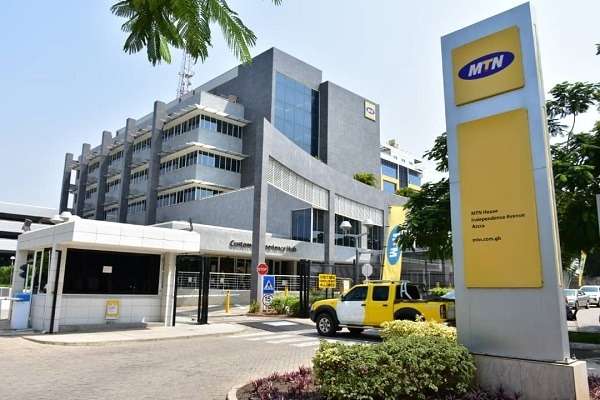So, What Actually Happened?
Earlier this week, MTN Ghana dropped a press release confirming what many of us dread—a cybersecurity breach. Around 5,700 customers had their personal data exposed. The company hasn’t spelled out exactly what was leaked (passwords? ID numbers? payment info?), but they’re working with cybersecurity experts to figure it all out.
The good(ish) news? MTN says their systems are still up and running—no service disruptions. But if you’re one of those 5,700 people, this isn’t exactly comforting.
How Do These Breaches Even Happen?
From what we’ve seen in past telecom breaches, hackers usually get in through:
-
Phishing emails (someone inside MTN might have clicked a bad link)
-
Outdated software (unpatched security holes are hacker goldmines)
-
Third-party leaks (vendors or partners with weaker security)
MTN’s staying tight-lipped on details for now, which is pretty standard—companies don’t want to tip off hackers while they’re still investigating.
What’s MTN Doing About It?
The company’s response has been textbook so far:
✅ Hired cybersecurity forensics teams to trace the breach.
✅ Promised to contact affected users directly (watch your inbox/SMS for legit MTN messages).
✅ Assured customers their systems are still secure—no downtime or widespread chaos.
But let’s be real this isn’t MTN’s first rodeo. They’ve faced cyberattacks before in other African markets, so they should know how to handle this. Still, no company is bulletproof.
If You’re Affected, Do These 5 Things NOW
-
Don’t panic but don’t ignore it either.
-
MTN will reach out if your data was leaked. If you get a sketchy email claiming to be from MTN? Don’t click anything.
-
-
Change your MTN password ASAP.
-
And if you’ve reused that password elsewhere (we all do it), change those too.
-
-
Turn on two-factor authentication (2FA).
-
It’s annoying, but it stops hackers even if they have your password.
-
-
Keep an eye on bank transactions.
-
Even if financial data wasn’t stolen, better safe than sorry.
-
-
Assume scam calls/texts will spike.
-
Hackers love to exploit breaches with fake “security alerts.”
-
Why This Matters Beyond MTN
Ghana’s seen a 62% jump in cyberattacks since last year (per the National Cybersecurity Authority). Banks, gov’t offices, now telecoms nobody’s safe.
This breach is a wake-up call:
Companies need to invest in better security.
Users need to stop reusing passwords.
Everyone should treat unexpected “security alerts” with suspicion.
Bottom Line: Should You Be Worried?
If you’re not among the 5,700? Breathe but stay cautious.
If you are affected? Follow the steps above.
Bigger takeaway? Data breaches are the new normal. The best defense? Staying informed and acting fast.
Your Turn
Think you might’ve been hit? Check MTN’s official channels for updates.
Got questions? Drop them below we’ll keep this updated as more details come out.
Stay safe out there.

